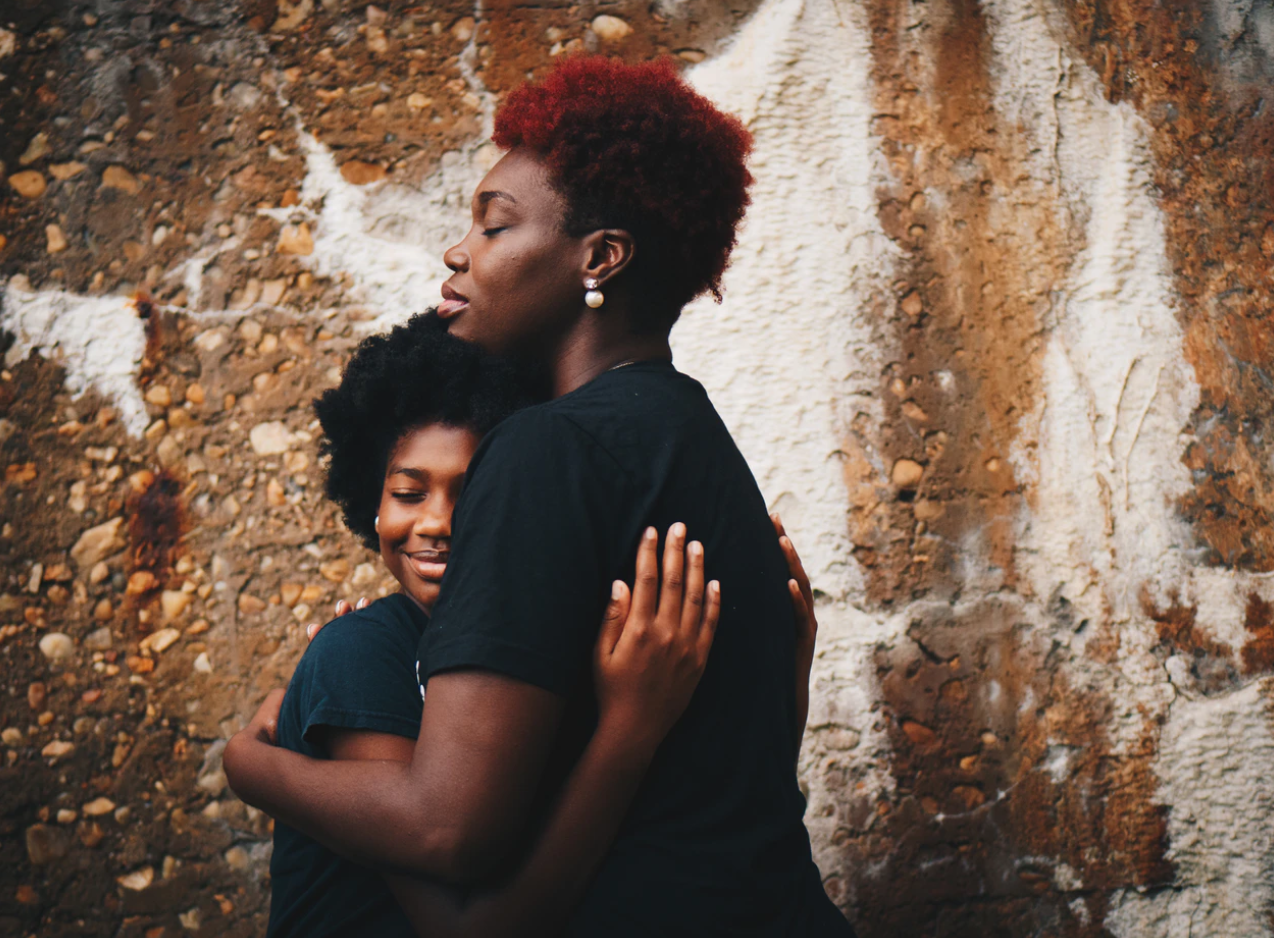
When is the Right Time to Seek Outside Help for Your Teen
More and more we (fortunately) live in a world where the stigma of seeking professional help for psychological or emotional problems is lessening. Many people now routinely avail themselves of a variety of resources for these challenging issues, tapping into the resources provided by professional therapists, medical doctors, Twelve Step Groups, etc.
But that doesn’t mean that the decision on whether to seek outside help is always an easy one, particularly when you are deciding on behalf of your teen. What is normative rebellion, typical moodiness, and ordinary adolescent confusion, and what are the symptoms of depression, emotional instability, and other damaging behaviors? For the worried parent who’s unsure, there are some important signs to look for.
Rapid behavioral shifts
There is a mercurial attitude, which most teens can at times exhibit, and then there are the truly jarring shifts in behavior and action that can signify a more deeply rooted problem. Has your teen suddenly changed her group of friends? Friendships may come and go in a normal dynamic of adolescent life, but if your teen girl has dropped her former group and taken up with another, or is now isolating altogether, that can be a sign of adjustment difficulties or a struggle for identity.
Or maybe your teen was once a fine student, and now grades are plummeting. This often indicates a listlessness or apathy that is beyond normal teenage ennui. Loss of goals and daily sustainability could mean that your teen is being overwhelmed by encroaching depression or anxiety.
Is your formerly placid and sweet-natured child now angry, irritable? Are they sleeping much more than before, or sleeping much less? Has their appetite disappeared, or maybe they’re overeating now? These are all telltale signs of stress exceeding normal bounds, and often professional guidance to jump-start the development of coping skills, if nothing else, is advisable in these cases.
Disciplinary Issues
She’s getting in trouble — a lot. Not the stray note sent home from school, but suspensions and regular visits to the principal’s office. Or worse, problems with the police. These have to be taken seriously. Adolescents are often struggling to develop their own core values and baseline behaviors, and when a teen starts turning into a regular disciplinary problem it can be hard to get her back on the straight and narrow.
In many cases, these acts are cries for help. A counselor or therapist can be valuable here, to attempt to get the teen to open up in a safe, nonjudgmental environment. Often your child wants to do right, but rampant emotions and confusion are getting in her way. Outside help can arrive at the core problem, and solution, oftentimes faster or more effectively than can a parent or teacher.
Destructive Behavior
Hard drug use, regular alcohol abuse, cutting, and compulsive promiscuity. These are no-brainers: Your child needs professional help. Parents sometimes want to obscure or minimize these problems, because naturally, they don’t their child to be sick. But then they are doing their teen a great disservice. In the presence of the kind of behavior indicated above, professional help is not only valuable, it’s necessary.
Remember it is no indictment of you if your teenager needs outside help for a problem. Nor is it an indictment of her. Think of it as healthy decision, akin to a good diet or hygiene: it is simply the next healthy choice to make in certain situations. And knowing what to look for can educate you if and when the choice has to be made.



